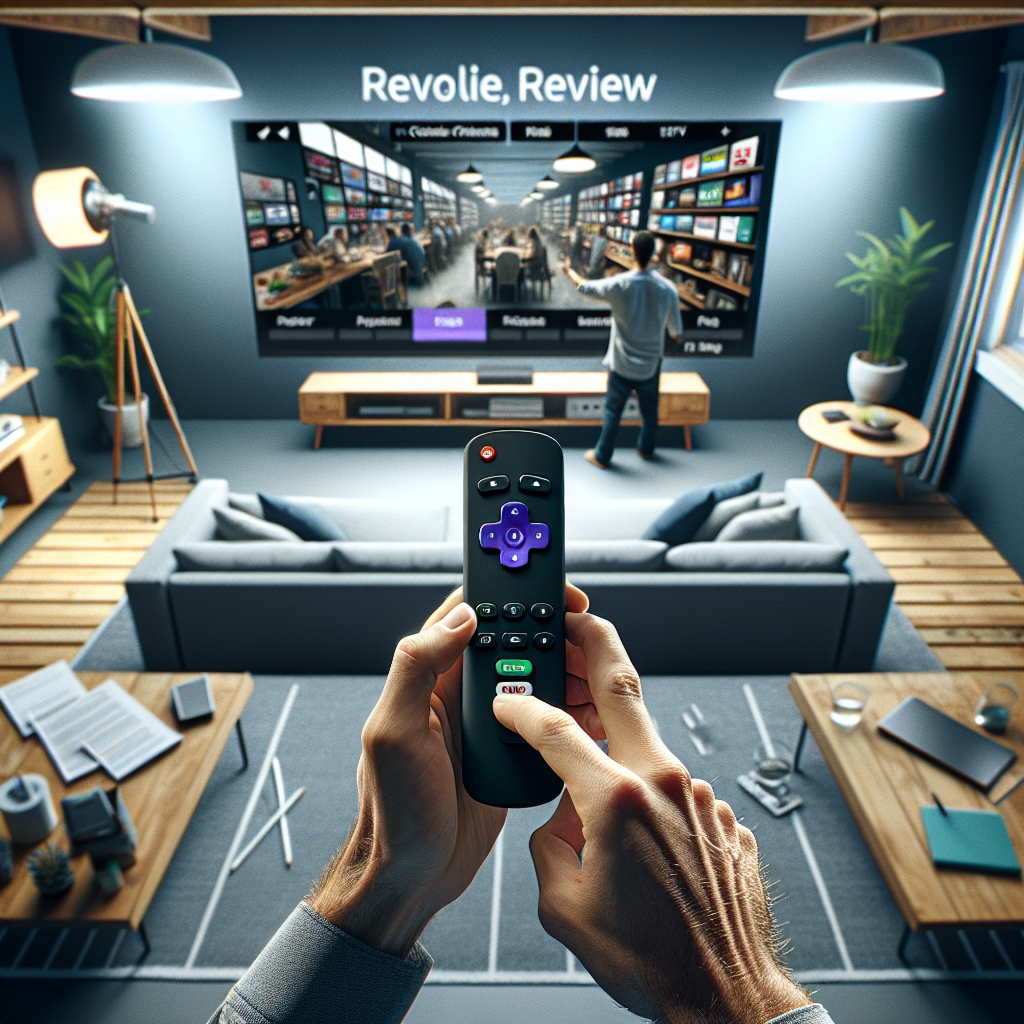Trying to decide between Roku and IPTV for your streaming needs? With so many options available, it can be challenging to determine which platform offers the best value and performance. In this comprehensive comparison, we’ll dive deep into the capabilities, limitations, and unique features of Roku and IPTV to help you make an informed decision.
Roku: Simplicity and Extensive App Support
Roku has long been a popular choice for streaming due to its user-friendly interface and wide range of supported apps. With Roku, you can access major streaming services like Netflix, Hulu, and Amazon Prime Video, as well as a vast selection of niche content channels.
Pros of Roku:
- Easy setup and intuitive navigation
- Extensive library of apps and channels
- Regular software updates and new features
- Affordable hardware options for various budgets
Cons of Roku:
- Limited customization options compared to IPTV
- Some apps may have restricted content libraries
- No built-in DVR functionality for live TV
IPTV: Flexibility and Customization
IPTV, or Internet Protocol Television, offers a more flexible and customizable streaming experience. With IPTV, you can access a wide range of channels and content from around the world, often at a lower cost than traditional cable or satellite TV.
Pros of IPTV:
- Access to a vast array of international channels
- Ability to customize channel packages and lineups
- Lower monthly costs compared to cable or satellite
- Potential for higher streaming quality with reliable providers
Cons of IPTV:
- Requires more technical setup and configuration
- Dependence on internet connection stability
- Potential for buffering or lag with poor connections
- Less app compatibility compared to Roku
Streaming Quality and Performance
When it comes to streaming quality, both Roku and IPTV have their strengths and weaknesses. Roku devices are optimized for smooth streaming and offer reliable performance across a range of internet speeds. However, the actual video quality will depend on the specific app and content provider.
IPTV, on the other hand, has the potential for higher streaming quality as it often uses direct streams from content providers. However, the performance can be more dependent on your internet connection stability and the reliability of your IPTV provider.
Factors Affecting Streaming Quality:
- Internet connection speed and stability
- Content provider’s video encoding and compression
- Hardware specifications of the streaming device
- Network congestion and server load
App Compatibility and Content Selection
Roku has a clear advantage when it comes to app compatibility, with a massive library of supported apps and channels. From major streaming services to niche content providers, Roku likely has an app for your favorite content.
IPTV, while offering a wide range of channels, may have limitations in terms of specific app support. Some popular streaming apps may not be available on IPTV platforms, or may require additional setup and configuration.
Content Selection Considerations:
- Availability of specific apps and channels
- Geographic restrictions and content licensing
- Live TV and sports programming options
- International content and language support
Roku Limitations and Alternatives
While Roku is a popular and user-friendly option, it does have some limitations. Roku devices may not offer the same level of customization and flexibility as IPTV platforms. Additionally, some users may find the channel selection limiting, especially for international content.
If you’re looking for alternatives to Roku, there are several options to consider:
- Amazon Fire TV Stick
- Apple TV
- Google Chromecast
- Android TV boxes
Each alternative has its own strengths and weaknesses, so it’s essential to evaluate your specific needs and preferences when choosing a streaming platform.
Frequently Asked Questions
Is Roku compatible with IPTV services?
While Roku does not natively support IPTV, some IPTV providers offer Roku apps or workarounds to access their content on Roku devices. However, the setup process may be more complex, and the compatibility can vary depending on the specific IPTV service.
Can I use Roku and IPTV together?
Yes, it is possible to use both Roku and IPTV in your streaming setup. You can use Roku for its user-friendly interface and app selection, while supplementing with IPTV for access to a wider range of channels and international content.
Which platform offers better value for money?
The value for money will depend on your specific needs and budget. Roku offers affordable hardware options and a wide selection of free and paid apps, making it a cost-effective choice for many users. IPTV, while potentially offering lower monthly costs compared to traditional TV packages, may require a higher upfront investment for hardware and setup.
Conclusion
In the battle between Roku and IPTV, there is no one-size-fits-all answer. Roku excels in simplicity, app compatibility, and affordability, making it an excellent choice for users who prioritize ease of use and access to popular streaming services.
IPTV, on the other hand, offers greater flexibility, customization, and a wider selection of international content. However, it may require more technical knowledge and setup effort, and the performance can be more dependent on your internet connection.
Ultimately, the choice between Roku and IPTV comes down to your specific streaming needs, technical comfort level, and content preferences. By weighing the pros and cons of each platform and considering the factors discussed in this comprehensive comparison, you can make an informed decision and enjoy a seamless streaming experience.



